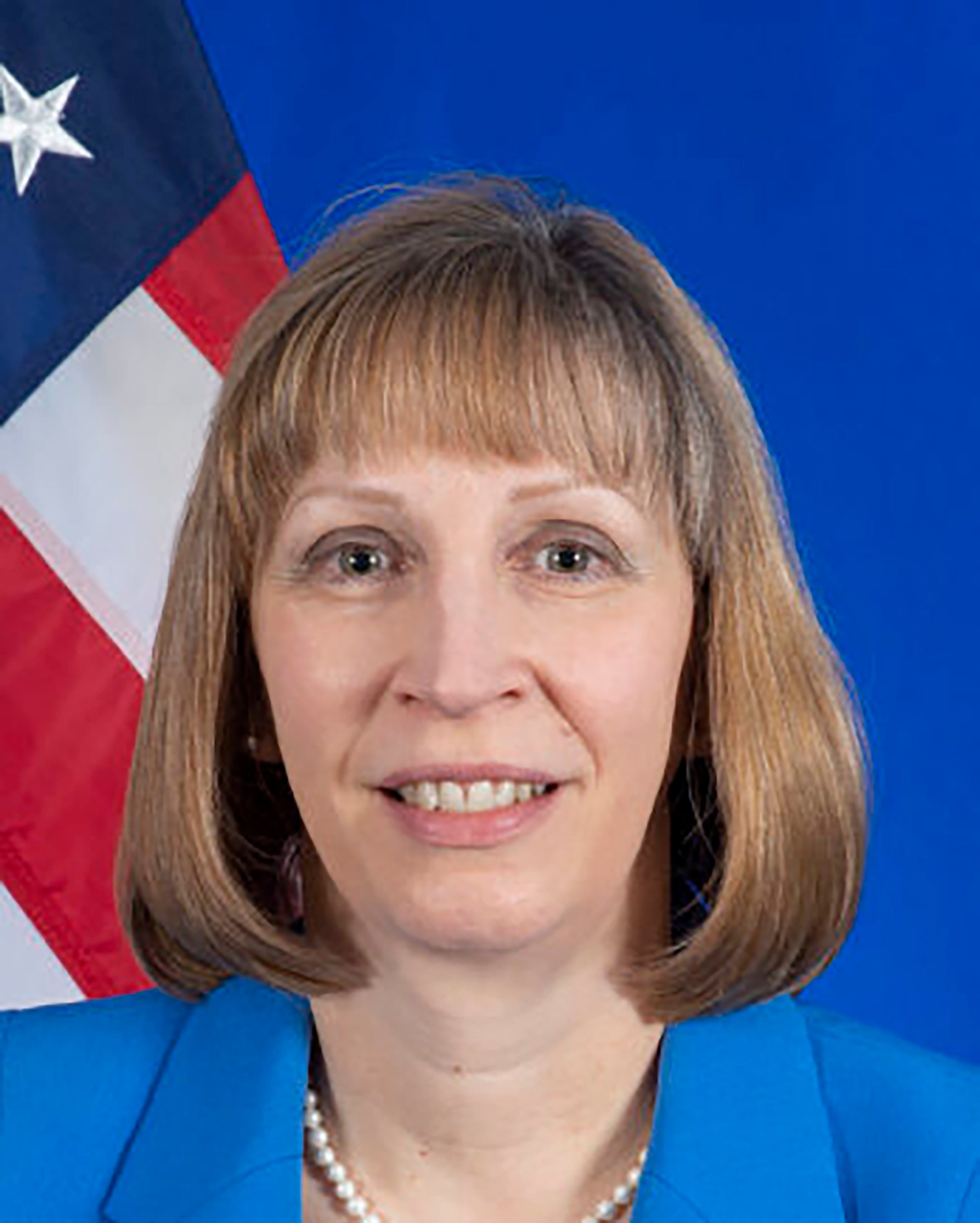Biden chooses veteran diplomat for new US envoy to Russia
The Biden administration has selected a veteran foreign service officer with years of experience in Russian affairs to be the next U.S. ambassador to Russia

The Biden administration has picked a veteran foreign service officer with years of experience in Russian affairs as its nominee to be the next ambassador to Russia.
Administration officials familiar with the matter say the nomination of Lynne Tracy, the current U.S. ambassador to Armenia, will be submitted to the Senate as soon as the Russian government signs off on the choice. Ambassadorial nominations must be approved by the host government under the rules of diplomatic protocol.
Such approval is generally routine, but Russia's acceptance of President Joe Biden's pick for ambassador cannot be taken for granted at a time of particularly fraught U.S.-Russian relations over Ukraine, the detention of Americans in Russia, allegations of Russian meddling in U.S. and other elections, and an escalating spat over the staffing of embassies in Washington and Moscow.
The ambassador opening comes as many Russia experts in the United States who might have been candidates for the Moscow post have been banned from Russia. Russia was informed of the administration's decision to choose Tracy's several weeks ago but has not yet given its formal approval, known as “agrément” in diplomatic parlance, the officials said.
Tracy, who speaks Russian, previously served as a senior adviser for Russian affairs in the State Department's Bureau of European and Eurasian Affairs, as the deputy chief of mission at the U.S. Embassy in Moscow. She also held several posts in Central and South Asia.
The previous U.S. ambassador to Moscow, John Sullivan, left earlier this month, in an departure that had been expected this fall but was accelerated by the failing health of his wife, who died a day after his return.
Tracy is well-regarded within diplomatic circles. She received a State Department heroism award from then-Secretary of State Hillary Clinton in 2009.
While leading the U.S. consulate in Peshawar in Pakistan's insurgency-ridden border regions, Tracy survived an attack on her by a gunman that left her vehicle riddled with bullets, but insisted on going to work that day and staying on post, even as security concerns compelled the consulate to trim its staff.
Tracy also received the State Department's distinguished honor award for her work as the embassy deputy in Moscow.
Sullivan ended his tenure as America’s top diplomat in Moscow this month after nearly three years. He had been expected to leave this fall, but his departure was sped up due to his wife's deteriorating medical condition. His wife, lawyer Grace Rodriguez, had not accompanied him to Moscow.
While the position remains vacant, Elizabeth Rood, the deputy chief of mission to Russia, is serving as the top U.S. diplomat in Moscow.
The ambassador post became vacant at a time when the United States is leading a campaign by NATO member nations to arm and fund Ukraine as that country fights to expel a brutal Russian invasion. The Biden administration also is playing the lead role in rallying international sanctions aimed at crushing Russia's economy to force it to end the war.
Russian President Vladimir Putin, who sees NATO expansion and other Western partnerships with former Soviet states as the U.S. encroaching on Russia's security, launched the invasion in February, targeting Ukraine's Western-oriented government.
The next U.S. ambassador to Moscow also is likely to play a central role in negotiations to bring home two Americans the U.S. says Russia is detaining unjustly, WNBA star Brittney Griner and civilian contractor Paul Whelan.